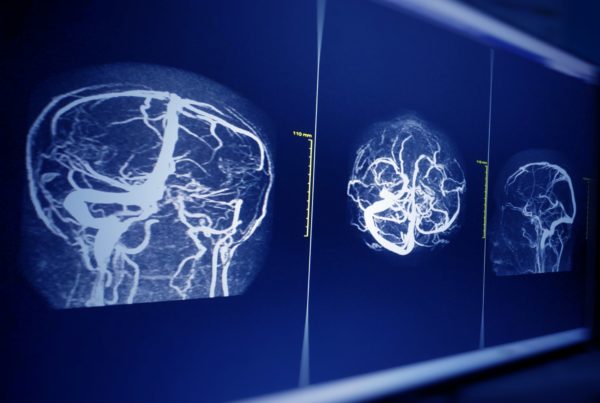In the ever-evolving landscape of mental health treatments, Eye Movement Desensitization and Reprocessing (EMDR) stands out as a transformative therapy. Backed by a plethora of research studies, its effectiveness in treating trauma-related disorders has been well-documented. In this article, we delve into the depths of EMDR therapy, exploring its mechanisms, applications, and the compelling evidence supporting its efficacy.
Understanding EMDR Therapy
EMDR therapy was developed by Francine Shapiro in the late 1980s and has since gained widespread recognition as a powerful tool for addressing various psychological issues, particularly trauma-related conditions like post-traumatic stress disorder (PTSD). Unlike traditional talk therapies, EMDR integrates elements of cognitive-behavioral, psychodynamic, and experiential therapies with unique bilateral stimulation techniques.
Unraveling the Research
One seminal study shedding light on the efficacy of EMDR therapy is the research published in the National Center for Biotechnology Information (NCBI) database, titled “The Effectiveness of Eye Movement Desensitization and Reprocessing (EMDR) Therapy for PTSD and Depression among Refugees.” This study, conducted by Ayoob Mozafari et al., provides valuable insights into the effectiveness of EMDR in treating PTSD and depression among refugees. Read more about it here.
The study design incorporated a randomized controlled trial involving refugees suffering from PTSD and depression. Participants were divided into two groups: one receiving EMDR therapy and the other undergoing treatment as usual (TAU). The results demonstrated significant improvements in PTSD and depression symptoms among the EMDR group compared to the TAU group, indicating the superior efficacy of EMDR therapy in alleviating these mental health conditions.
Why EMDR Works: The Mechanisms at Play
EMDR’s effectiveness can be attributed to its unique approach to processing traumatic memories and facilitating adaptive resolution. During EMDR sessions, individuals are guided to recall distressing memories while simultaneously engaging in bilateral stimulation, such as following the therapist’s finger movements with their eyes or listening to alternating auditory tones. This process is believed to stimulate both hemispheres of the brain, facilitating the reprocessing of traumatic memories and promoting desensitization.
Applications Beyond PTSD: Exploring EMDR’s Versatility
While EMDR has garnered significant recognition for its efficacy in treating PTSD, its applications extend far beyond this singular domain. Research indicates promising results in utilizing EMDR therapy for a spectrum of psychological disorders, including but not limited to:
- Anxiety disorders
- Phobias
- Panic disorder
- Depression
- Grief and loss
- Addiction
Integrating EMDR into Clinical Practice
As the body of research supporting EMDR therapy continues to expand, mental health professionals are increasingly incorporating it into their clinical practice. EMDR-trained therapists undergo specialized training to master the intricacies of this therapeutic approach, ensuring competent and effective delivery to their clients.
Conclusion: Embracing the Promise of EMDR Therapy
In conclusion, the research highlighted in the NCBI study underscores the profound impact of EMDR therapy on alleviating PTSD and depression symptoms among refugees. With its evidence-based efficacy and versatile applications, EMDR emerges as a beacon of hope for individuals grappling with the aftermath of trauma and other psychological challenges. As we continue to unravel the complexities of the human mind, EMDR stands as a testament to the power of innovation and compassion in healing.
For those seeking relief from the shackles of trauma and mental anguish, EMDR therapy offers a pathway towards healing, resilience, and newfound empowerment. Let us embrace its promise and champion its integration into mainstream mental health care, ensuring that every individual receives the support and care they deserve on their journey towards wholeness and wellbeing.




